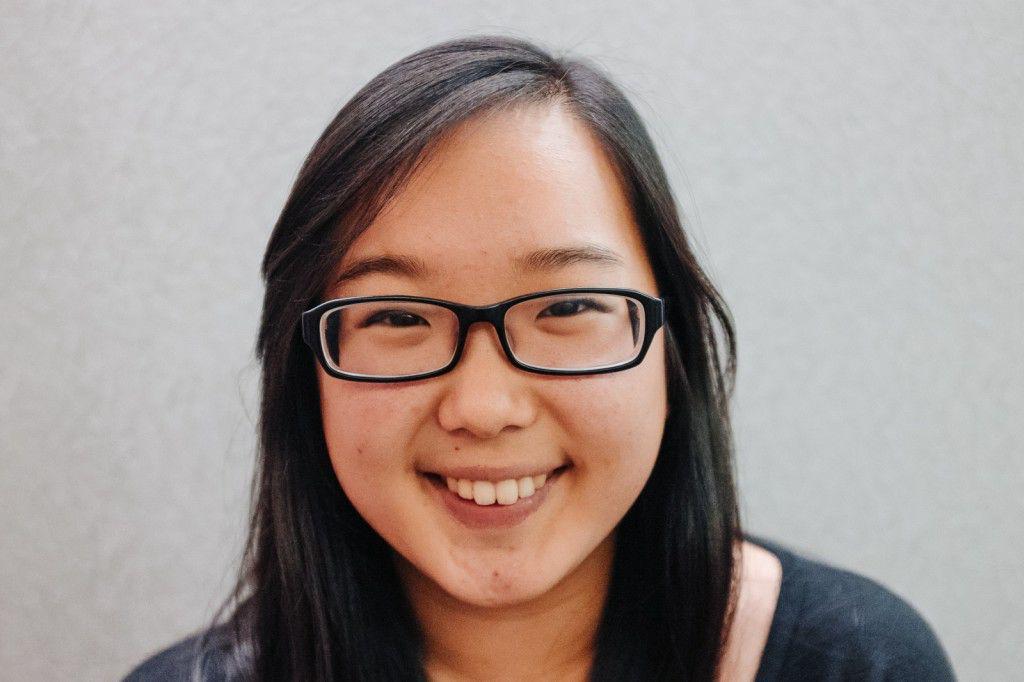Last Thursday night, I went to go see Lena Dunham on her “Not That Kind of Girl” book tour at the Wilbur Theatre. For me, it was basically a dream come true because I had been a fan of Dunham’s since the beginning. So much so, that I have the words “All Adventurous Women Do” permanently on my right thigh, but that’s a story for another time.
She read excerpts from her book, and the crowd was roaring with laughter from her personal essays. As the night progressed, wisdom and advice were shared, and most of the discussion centered on women.
The one part that stood out to me the most was when Dunham spoke about the late Nora Ephron. Ephron was one of the most prominent feminist writers in the past few decades and is known for being the screenwriter of several classic romantic comedies (including “When Harry Met Sally…”).
If this all still doesn’t ring a bell, then I would suggest you do some serious Googling and movie watching. Anyway, Dunham spoke of how, much like Ephron, she hated the fact that there were always panels regarding the subject of women in film or just panels of women in whatever category.
Dunham found it frustrating that such panels even had to exist, but said that until this is no longer the case, she would do her best to contribute to these panels.
No part of me had ever questioned why it was necessary for panels like these to exist. In fact, whenever I see these panels come up, I always find them fantastic. I feel like I am finally being represented and never questioned it. Well, now I am. The problem is that I never thought to myself, “Why do I need specific representation?” Instead, I thought, “Wow! This could one day be me. It’s possible.”
In fact, one of my favorite authors (if not favorite author ever) never used her full name in order to mask the fact that she was a woman. The author I’m speaking of is none other than J.K. Rowling, one of the most successful writers alive. Instead of using her name Joanne, publishers pushed for initials, allowing readers to believe that Rowling could be male and making young boys more keen to read the Harry Potter series.
That was in the late 1990s, but 10 years later, Rowling came out with “The Cuckoo’s Calling” and once again used a male name as a disguise. Yes, she was hiding from the Harry Potter series, but why not use a woman’s name?
From what I can see, it is because women are still not taken seriously in male dominated fields. For Rowling, female writers still mostly populate “girly” genres. Thus, in order for her books to be appreciated by both sexes, she must have felt the need to use a male name.
Another problem is that people (by people, I mean heads of companies) often seem to think works created by women do not appeal to boys or men. Girls are never taught that we should only read or watch things created by girls. Why is it OK to teach boys to not pick up books written by women?
This brings me back to the panels about women in “fill in the blank with a male dominated field.” When will this no longer be necessary? Though I cannot give an answer to that question, I can suggest steps that we should all take in order to make that day come faster.
I think that we should stop trying to put genders in categories. Speaking from a writer’s point of view, women shouldn’t only be expected to produce love stories and tales about friendship. We shouldn’t be shocked that women directors are a thing and that women can be CEOs of businesses.
For every panel about women, there is no equivalent for men. Oh wait, those are just called panels.
We should teach younger generations that there should be no discrimination toward men and women in whichever field they choose to be a part of. I think that we should teach older generations that times are changing.
When I spoke to my grandmother this past summer, she told me that she could never see a woman being president. She told me it wasn’t possible because she was a woman. This was the strong woman who raised four children, taught herself English and forged a career to support her family. Yet, she still saw genders being stuck in certain roles and a world where women would not and could not be openly successful.
It’s time women stopped hiding behind male names. It’s time we stop letting gender dictate our lives. And it’s time we just have panels where women and men are both represented equally.
























































































































